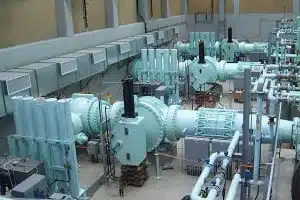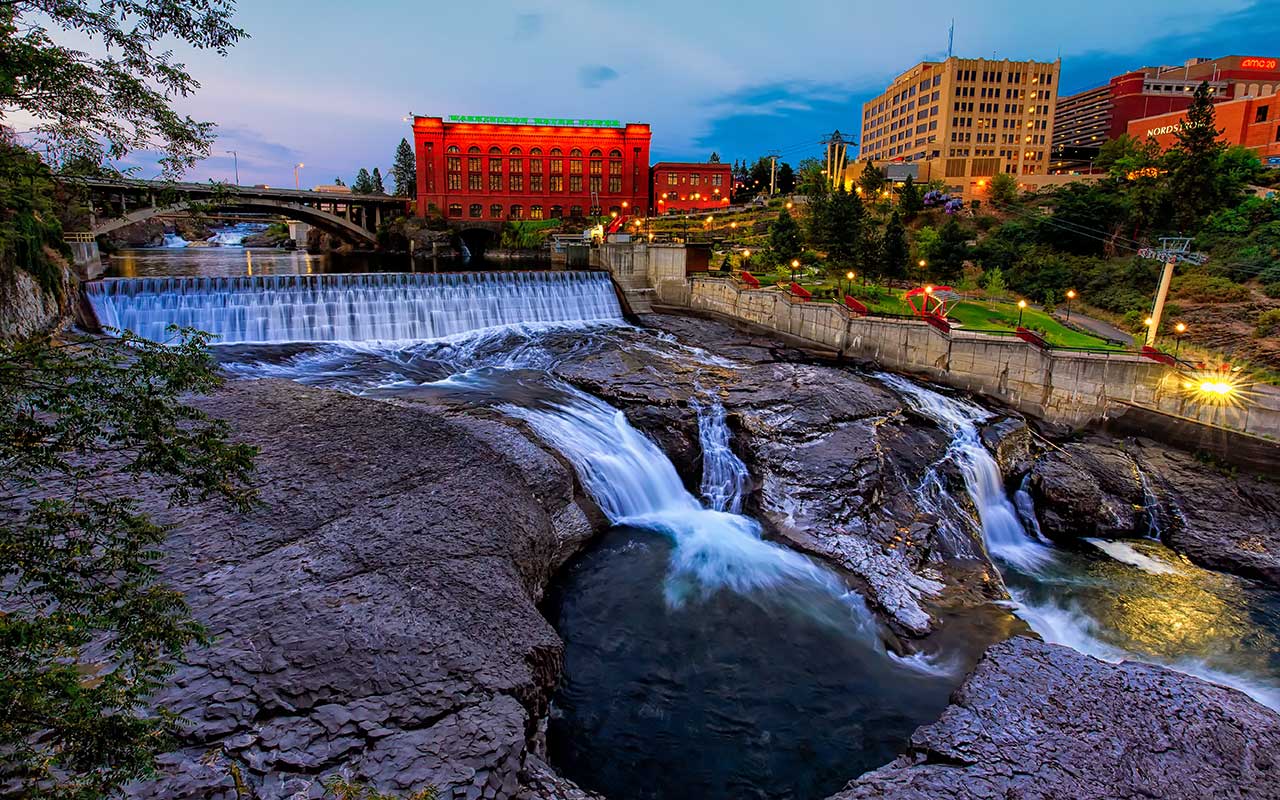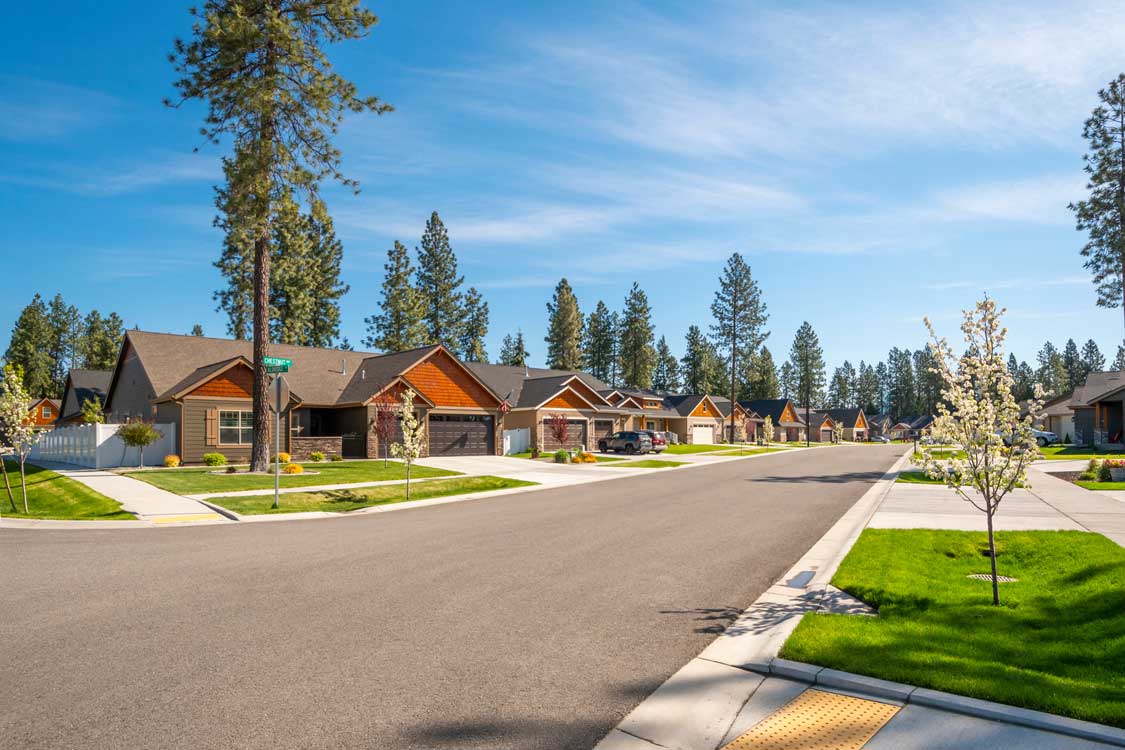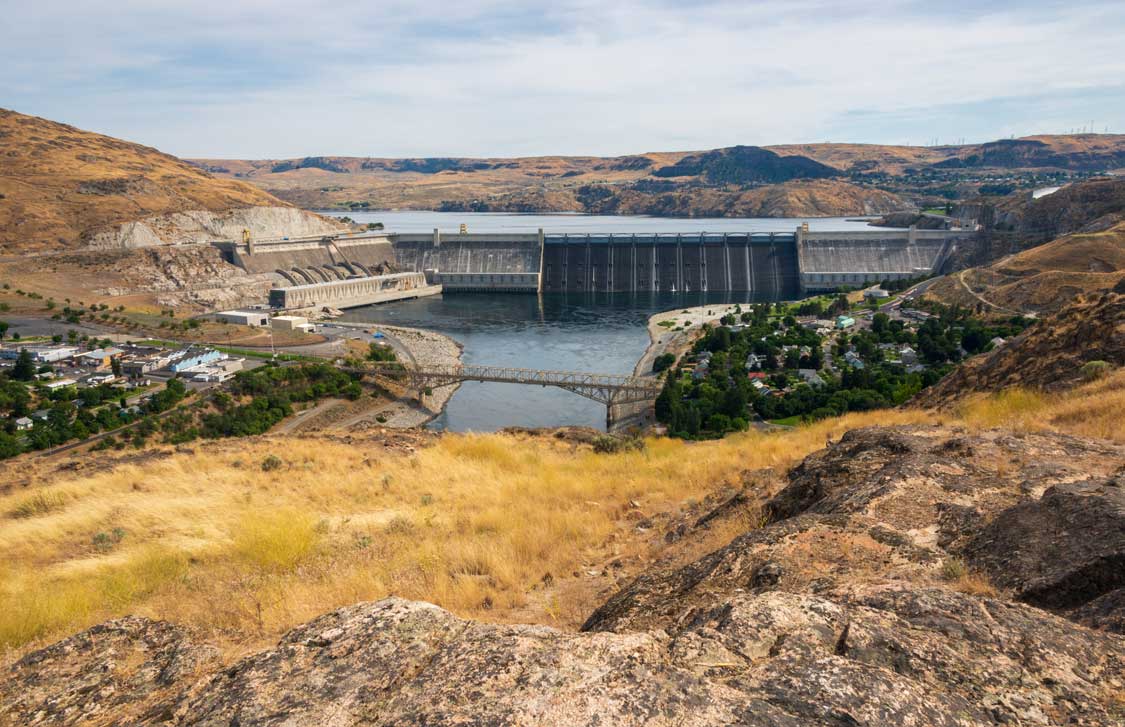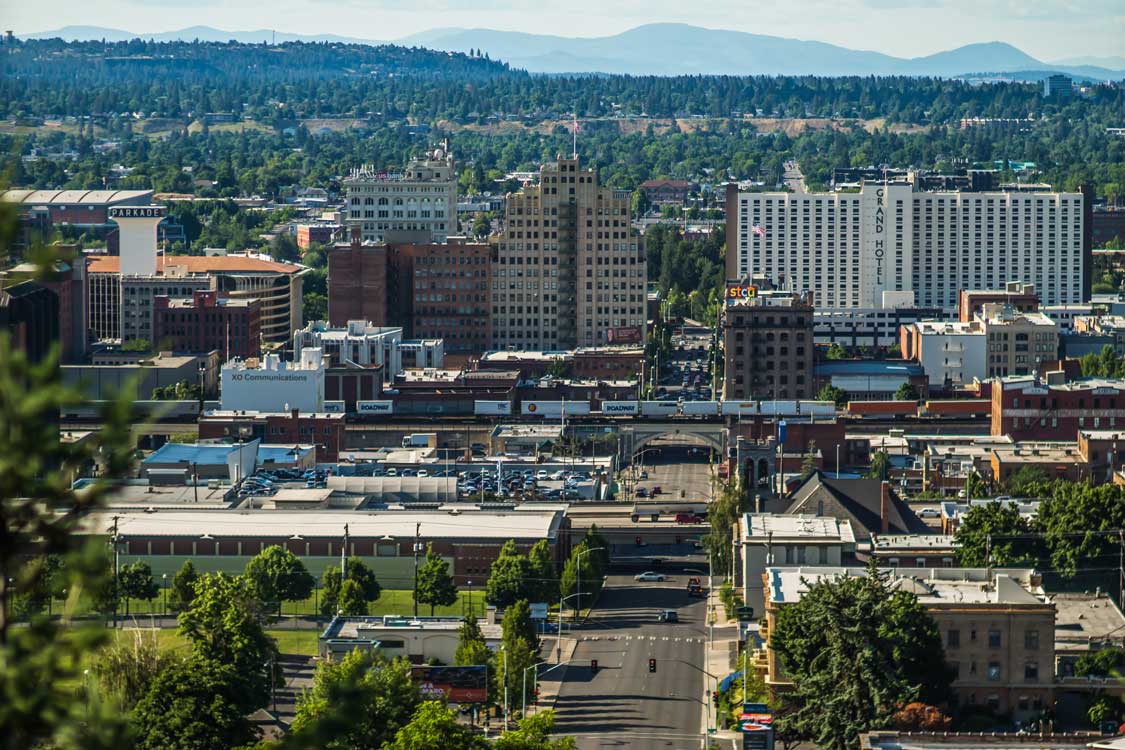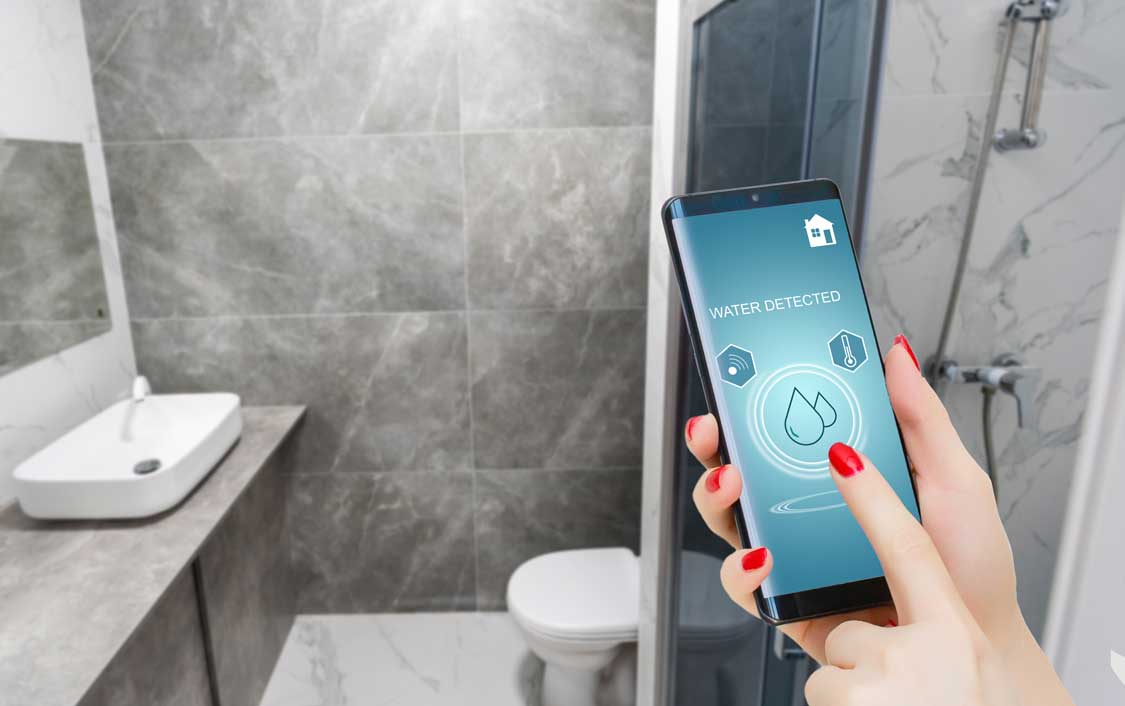In order to ensure that your home or business’ constant water pressure system performs well, you need to determine the capacity that it needs to have. The capacity of your water pressure system will vary depending on the size of your household and the number of fixtures that you have in your building; be sure to have this information available before you begin looking at systems with various capacities. You may also want to look into how different types of systems work; some are capable of generating more pressure than others, and these may be better suited to your needs than others with lower capacities.
How high you can raise your water pressure
In order to determine how high you can raise your water pressure, it is important to know how much water capacity (gallons per minute) is coming into your home from the main city water supply. Then you can compare that amount with what you need for all your fixtures. Most homes have between 30 and 50 Gallons Per Minute coming in through their main line.
Do you need a booster pump?
The capacity of a constant water pressure system is determined by many factors. First, you must consider how much water your household normally uses at any given time. Then, determine how far from a main water line you are, or if you’re relying on a cistern for backup supply (it is recommended that constant pressure systems not use cisterns). Do you know what type or level of capacity would work best for your needs?
Some experts may tell you that any constant water pressure system must be able to handle two times your household’s normal usage. In other words, when all faucets and showers are running at once, it should have enough capacity to maintain 40-50 psi.
What are regulators and what do they do?
Regulators work to set and maintain a certain pressure in a water system, which allows for consistent flow through systems.
The benefit of having a regulator on your constant water pressure system is that it protects against over-pressurization and over-draining. Regulators also protect your plumbing lines from damage due to spikes in water pressure. There are 3 main types or levels of capacity: Residential, Commercial, and Industrial.
Do I need a filtering system if I’m using an above ground tank?
Yes, it’s generally a good idea to have both a filtering system (also known as a pre-treatment system) and an above ground tank. The filtering system removes sediment and particles that can damage your storage tank.
On top of that, storage tanks come in various levels of capacity; you may want to consider purchasing or renting one with greater capacity than you think you need right now.
Why we need filtration in the first place?
Water pressure, by itself, isn’t enough to get water flowing through all of your home or business plumbing. For a constant flow to occur, you need a consistent source of water pressure. And one way to maintain consistent pressure is through filtration.
Regularly replacing mineral deposits from faucets and fixtures with filtered water maintains a constant flow so that you don’t have to worry about not having water when you turn on a faucet or shower.
Conclusion
Now that you know how many gallons of water you need to meet your constant water pressure system capacity, it’s time to take that number and determine what kind of system would be best for you. You can contact a local plumber and Drain Services to help you decide which type or level of capacity system is right for you. They’ll work with you to ensure that you find a water pressure system that can meet your needs now, as well as in 10 or 15 years. They can advise you on any regulations, codes, or best practices that need to be considered before choosing a system.
Additionally, they’ll walk you through what will happen during installation and ensure that you know how to maintain and operate your new water pressure system correctly.

